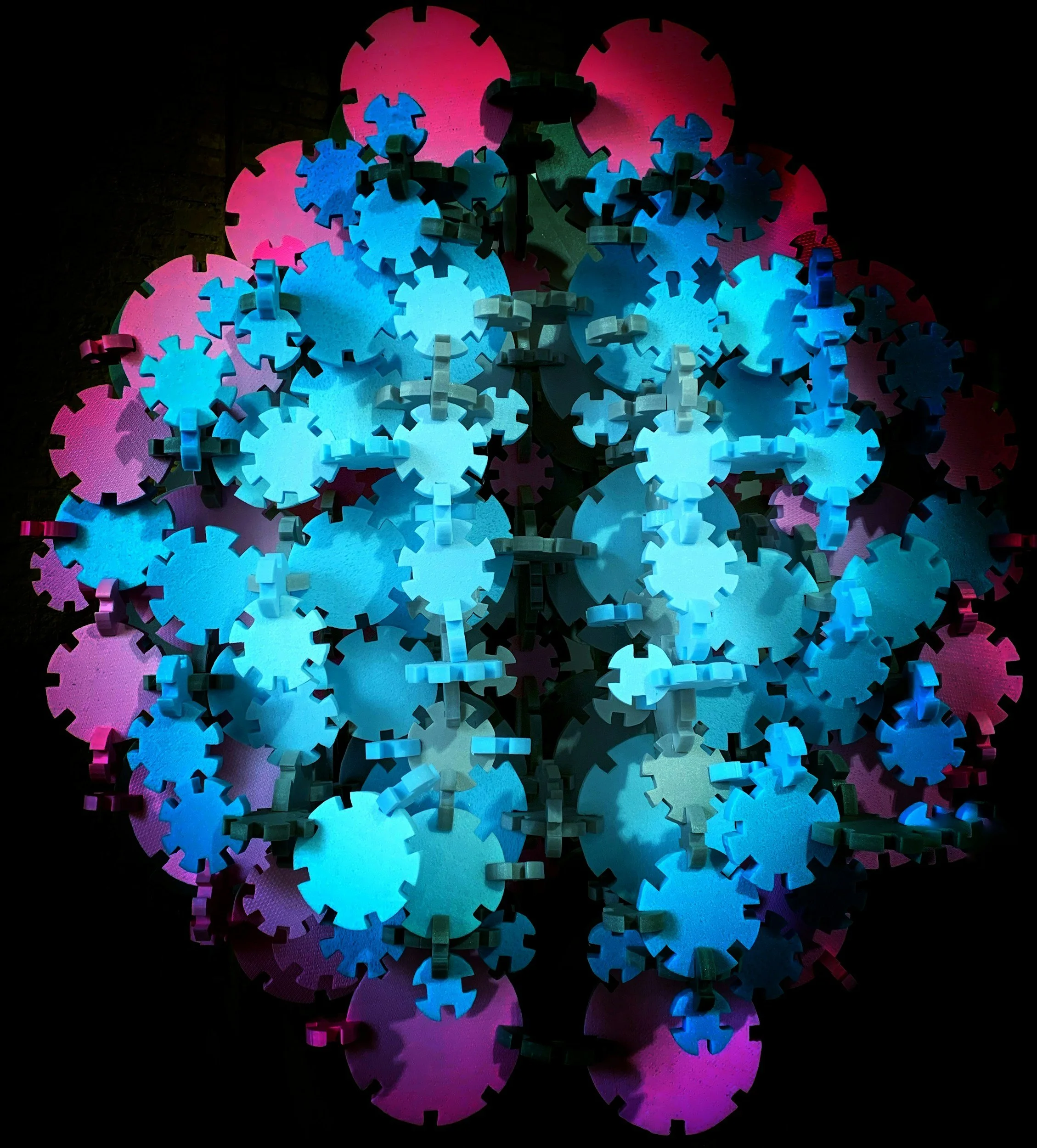blog
Emotional Regulation
Emotional regulation is a core principle of resilience. It reflects our ability to be flexible and productively manage our emotions. It is also a predictor in reducing anxiety or anger, being able to effectively reframe a situation, conceal visible signs of fear or sadness as well as the ability to focus on reasons why we should feel calm or happy. If we do not regulate our emotions, we may become overwhelmed by negative emotions which impede our ability to think clearly and, if we act in that state, can lead to regret.
Goals and Adult ADHD
Goal setting and follow through can be difficult for Adults with ADHD. This blog post sets out strategies to help with this. They include, writing down the goals and creating the plan for their fulfilment, keeping the goals visually present, using visual aids, implementing visualisation practice, creating a reward and penalty program as well as implementing structured procrastination. Whilst not exhaustive, the strategies are designed to assist with goal fulfilment and thus take you in the direction you actually want to go.
Hyperactivity and Adult ADHD
Hyperactivity (i.e., excessive movement not fitted to the setting in which it occurs) in adults may look different to how it presents in children with ADHD.
Adults with ADHD may find that hyperactivity has lessened with age but now manifests more as fidgeting or, they may tap their feet or hands when seated, shift in their seat or be generally restless or, they may be verbally verbose or talk very fast.
This blog post addresses some strategies that might be helpful with this.
Attachment Styles in Relationships
Attachment theory was initiated by John Bowlby in the 1950’s and has been expanded upon since then. The theory identifies attachment styles that are instrumental in how we relate to others. The individual’s attachment style is about how bonds have developed with those depended upon. The consistency and reliability of our early childhood care influences our sense of security with others, ourselves and the larger world and thus impacts our subsequent interpersonal relationships. The result is either a secure attachment style or one of three possible insecure attachment styles. Most importantly however, is that one’s attachment style is not necessarily fixed.
This blog post sets out some information on the styles of attachment that can operate as well as some strategies to address insecure attachment in adults.
Inattention and Adult ADHD
From time to time, every adult may experience inattention. However, adults diagnosed with an inattentive ADHD presentation tend to experience persistent interference with functioning in two or more spaces. This can be particularly debilitating in the workspace and often presents as difficulty focusing, paying attention/listening, staying on task; being disorganised and/or misplacing work product or tools. There are a variety of strategies that can be helpful, some of which are set out below.
Organisation and Time Management Strategies
How we plan, manage and organise our time is important. When we procrastinate, we can encounter time slippage and reduced efficiency. This blog post sets out strategies to address good organisation and time management practices, the benefits of which are numerous and include increased efficiency and productivity, a positive reputation as there is a perception you can be relied upon, better career prospects, less fatigue and less stress. The major bonus being more personal time which translates into better work/life balance.
Impulsivity and Adult ADHD
Impulsivity in adult ADHD can manifest as self-control issues, addictive tendencies, behaving in socially inappropriate ways, acting without thinking, interrupting others, not following through with tasks or having difficulty waiting in queues for example. It can have consequences across multiple domains including career, interpersonal relationships and mental well-being. There are however strategies that can help with impulsivity, some of which are set out in this blog post.
Alcohol Consumption
How has consuming alcohol been impacting you? If you believe it is time to manage your consumption, this blog post contains some strategies that might assist with that.
Perfectionism vs Adult ADHD
Perfectionism and ADHD can manifest in similar ways including distractibility, burnout, poor focus and procrastination. It is the overlapping symptoms of concentration difficulty, procrastination and feeling overwhelmed that might make a perfectionist think they have ADHD.
Workplace Bullying
Person centred inhumanity to man and nature seems to be infinite. A classic example of which is workplace bullying. Workplace bullying can occur across all levels of an organisation. It is neither welcome nor solicited and it is also often an escalating process rather than a single event.[i] If left unchecked lack of respect, lack of professionalism and toxicity can permeate the organisation. The environment can become unhealthy, hostile and unproductive.
Journal Prompts
In addition to questions posed in the blog post on Ikigai, these are questions to consider asking yourself in a journal when you are trying to figure out: what you want to do; what gives you a sense of purpose or meaning; what you want to do with your time, when you have more time on your hands; or what might help you to shake your life up in some way, if that’s what you feel is needed.
IKIGAI - Reason For Being
It is common at some point in time across the individual lifespan to question one’s sense of meaning and purpose; one’s reason for existence. Hector Garcia and Francesc Miralles in their book, “Ikigai: The Japanese Secret to a Long and Happy Life,” explore the concept and its embodiment in a long and happy life.
The Importance of Mattering
We all want to have a sense of purpose and meaning; a sense that we matter. At its core, mattering is a sense of feeling significant and valued by others. It is a sense that we make a difference in the world; that we are visible and heard. When we have this sense of connectedness, social acceptance and personal significance, we flourish.
The Warrior in You: Resilience
We live in a world that encapsulates the VUCA acronym: Volatile; Unknown; Complex; Ambiguous. Successfully navigating this requires a psychological fitness the foundation of which is resilience.
The Warrior in You: Problem Solving
It is a given that there will be obstacles and problems in life. When this occurs, we are challenged to look at our perception of control. How we perceive control will impact our stress levels positively or negatively either progressing or delaying our return to baseline.
Low Frustration Tolerance
Low Frustration Tolerance (LFT) occurs when we get frustrated easily. It is characterised by an inability to emotionally regulate responses to stressors and is sometimes referred to as “can’t-stand -itis” as people who experience LFT can complain about not being able to stand this or that.
The Warrior in You: Courage
Warrior Psychotherapy draws on the core elements of courage, morality, honour, problem solving, excellence, communication, flexibility and adaptability, toughness and situational awareness to optimise performance, resilience, wellbeing and mental strength
Values and stress
How you view stress matters. It will impact your thinking and your actions. Where stress is perceived as harmful common responses include avoidance or reduction/numbing e.g., alcohol/substances or some other form of distraction.
Inspiration
Sometimes who we are can get lost in the busyness of what we do or what we need to do. At times like these it is important to step back and review how we are living our lives. Are we just going through the motions? Or, are we engaged and inspired?



















